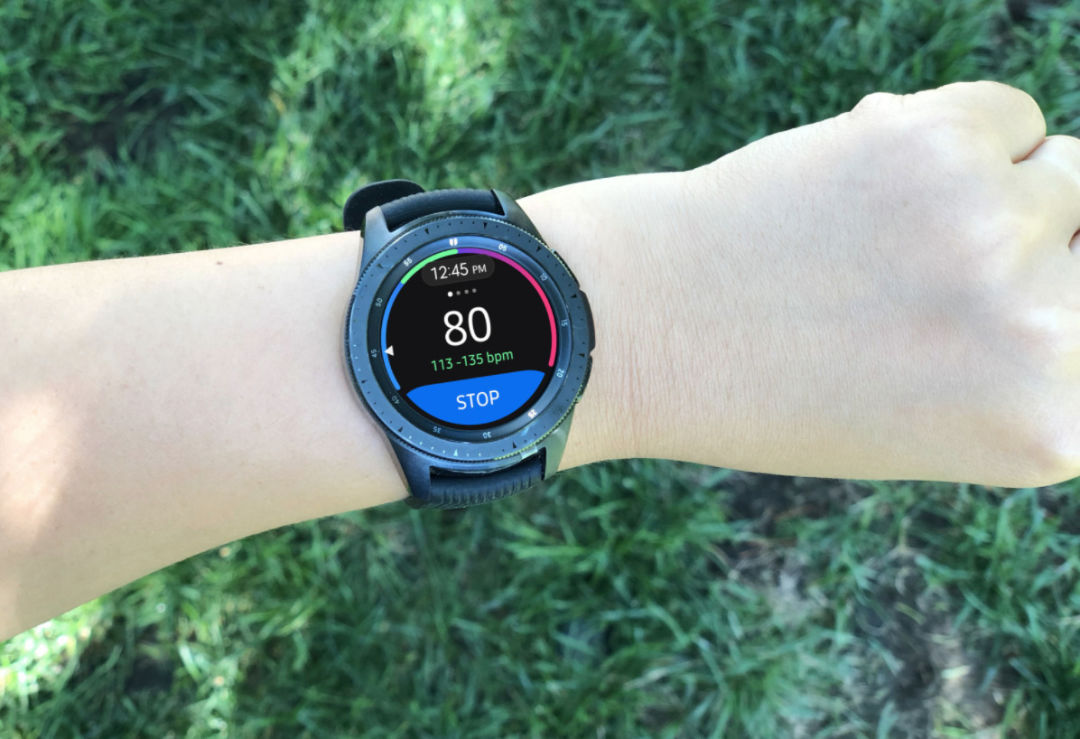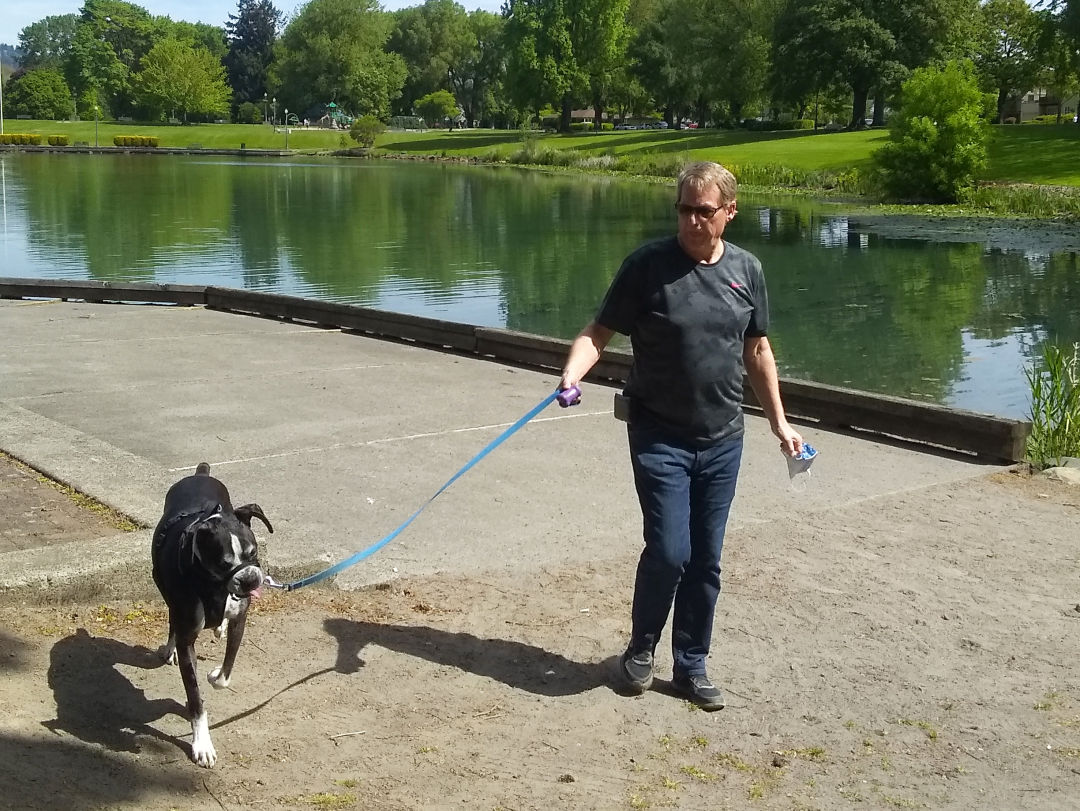Heart Health and Healing Through Wearable Technology
“Oh, no!” Stephen McElhinny recalls fretting. “Not this again!”
The 70-year-old retired police officer couldn’t help but connect his condition at the time to 10 years earlier, when he had undergone heart bypass surgery to open up five blocked arteries. The symptoms were all too familiar — shortness of breath, sensations in his chest, and fatigue.
“I was fearful I’d have to go through another surgery,” Stephen says, referring to a lifesaving procedure he had in Tennessee.
He saw his primary care doctor, who referred him to Kaiser Permanente’s Center for Heart and Vascular Care, the Northwest’s top-rated heart program.1 There, the cardiology team asked Stephen to undergo a number of tests, including one that shows how his heart performs when physically stressed.
The good news: Stephen didn’t need surgery. The other good news: His condition could be helped by a lifestyle change guided by virtual cardiac rehabilitation (VCR), a convenient alternative to traditional cardiac rehab offered at local medical centers.

A fitness tracker monitors patients’ heart rates and steps and keeps them connected to their care teams.
Image: Courtesy Kaiser Permanente
Remote tracking of wellness goals
The “virtual” part of the program means that participants such as Stephen wear a fitness tracker (similar to a wristwatch) that records their steps and heart rate. They walk, then upload their data to a secure app on their smartphone and share the results with their VCR team. Regular phone or in-person follow-up visits keep members on target for achieving their wellness goals.
Kaiser Permanente began offering VCR as an option in June 2019. The completion rate is about 80% — 4 times greater than for center-based (gym) programs.2 Both forms of cardiac rehab address lifestyle behaviors that increase one’s risk of heart disease, such as lack of aerobic activity, high blood pressure, high cholesterol, diabetes, smoking, excess weight, and stress.
Nationwide, patients who participate in either mode of cardiac rehab live longer, have a better quality of life, and need fewer hospital readmissions, according to Siobhan Gray, MD, Kaiser Permanente Northwest’s medical director for VCR. Despite those benefits, patients often cite work commitments, transportation issues, and insurance copays as typical barriers to participating in traditional center-based cardiac rehab.

Kaiser Permanente’s virtual cardiac rehab program helped Stephen McElhinny get his lifestyle back on track.
Image: Courtesy Kaiser Permanente
Getting back on track
“Virtual cardiac rehab grew out of our desire to find a way to help our members overcome those barriers, so they could benefit from all that cardiac rehab has to offer,” says Dr. Gray.
When she suggested that Stephen try VCR, he saw it as “a once-in-a-lifetime opportunity” to get his lifestyle back on track. He eased into his wellness journey by walking 30 minutes daily on a treadmill at a local gym.
And then the pandemic hit.
When the gym closed, he discovered beautiful walking trails that took him along lakes and streams. Soon, his neighbors, who were weary of COVID-19 lockdown, asked if they could join him. Over the next several months, Stephen and his gang walked mile after mile together, thriving on interesting conversation and fresh air.
“I became more socialized and more connected with people, which helped me get through 2020,” Stephen says.
Today his cardiac health is much improved, and he no longer experiences shortness of breath and other symptoms. He dropped a few pounds and feels good for the first time in quite a while.
Stephen is rightfully proud to say that he met his fitness goal to walk the equivalent of a half-marathon — all 13.1 miles, split into three legs in a single day — thanks to his personal commitment and the support of his VCR team.
Learn more about Oregon’s highest rated heart program at kp.org/cardiac/nw.
==========
1Based on performance for adult heart bypass, aortic, and mitral valve replacement surgeries. Analysis of national data covering the period from July 2017 through June 2019. Accessed June 2021. publicreporting.sts.org/search/acsd?title=&location_depth=2950
2 Kaiser Permanente internal data, data covering the period from June 2019 through March 2021.
